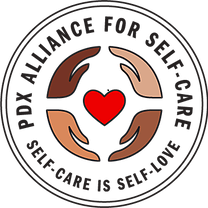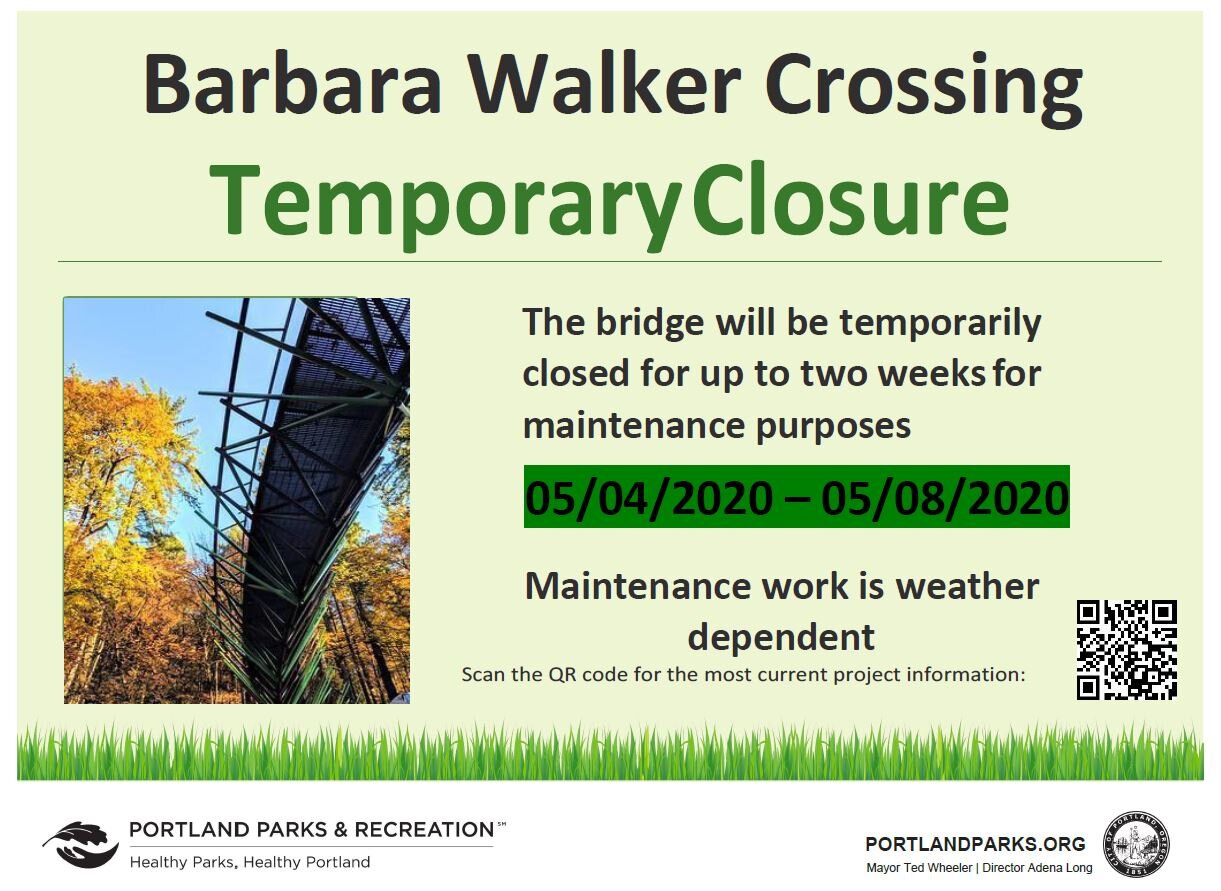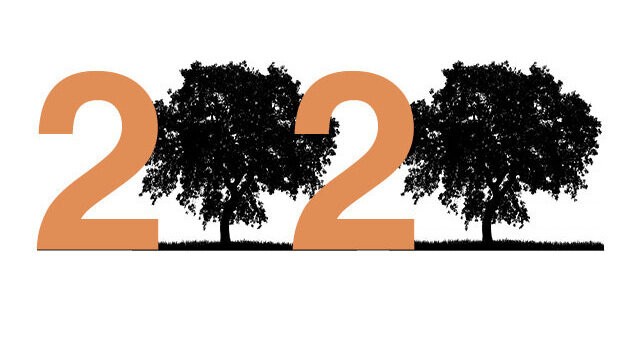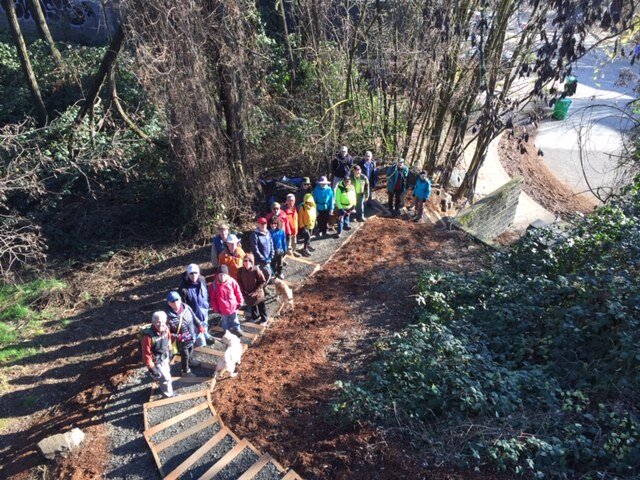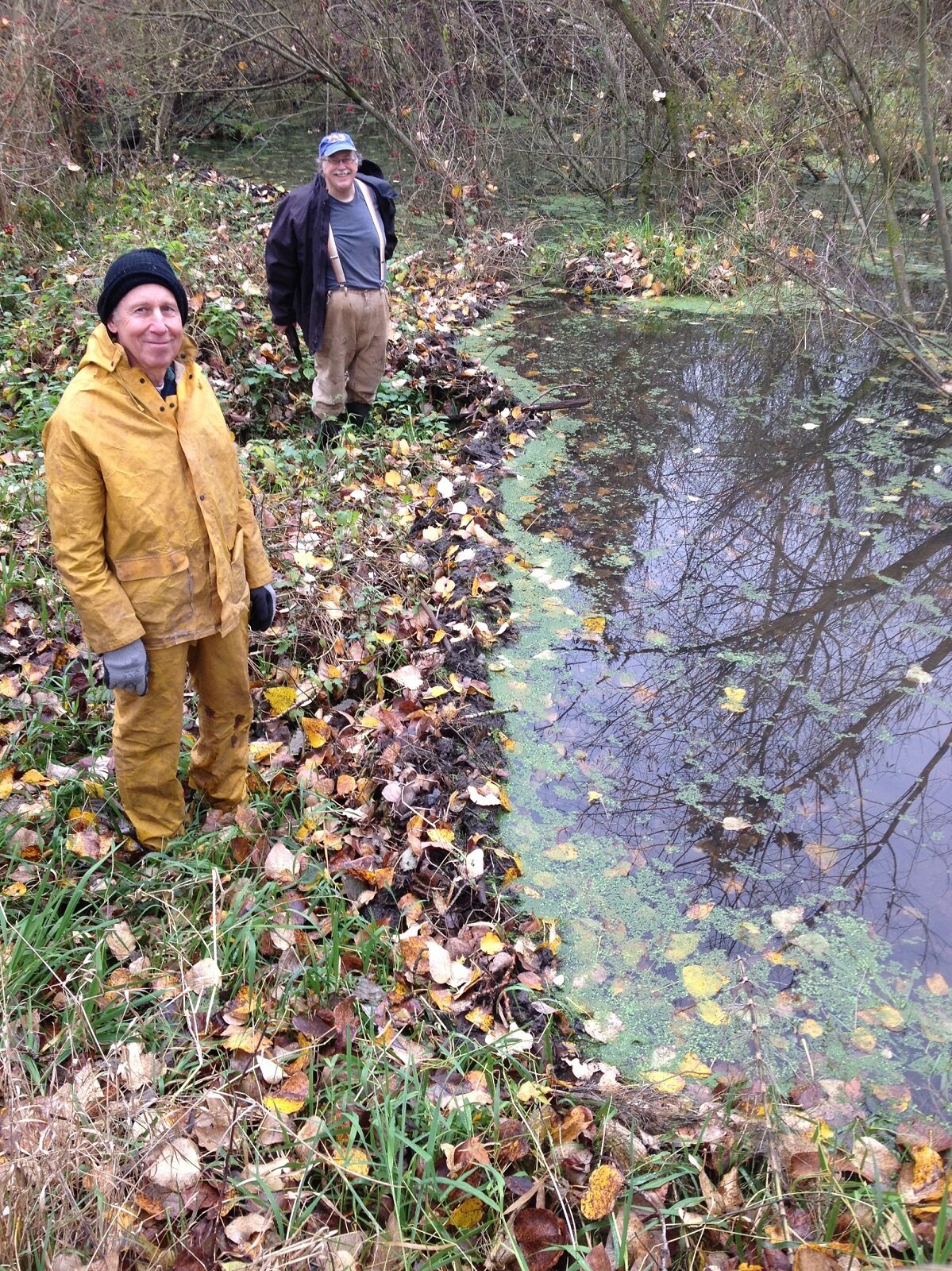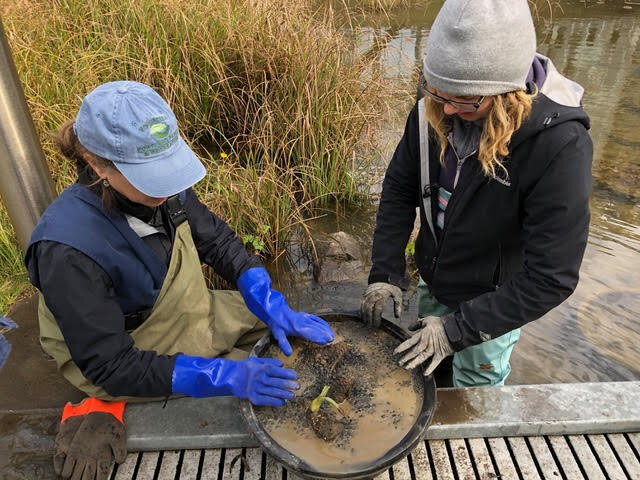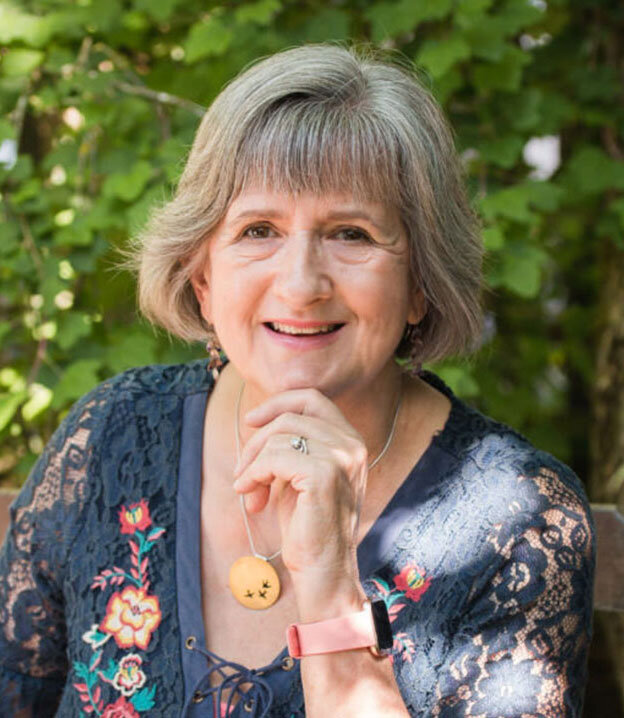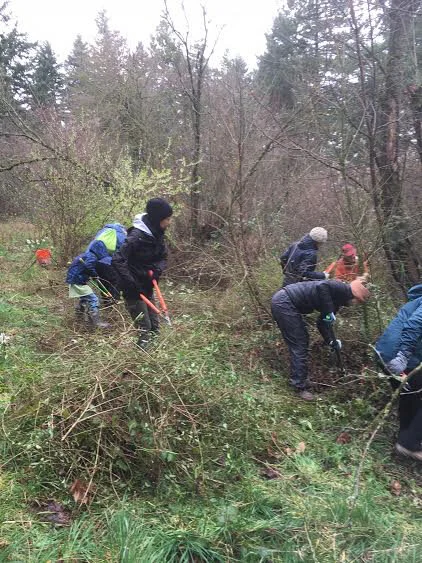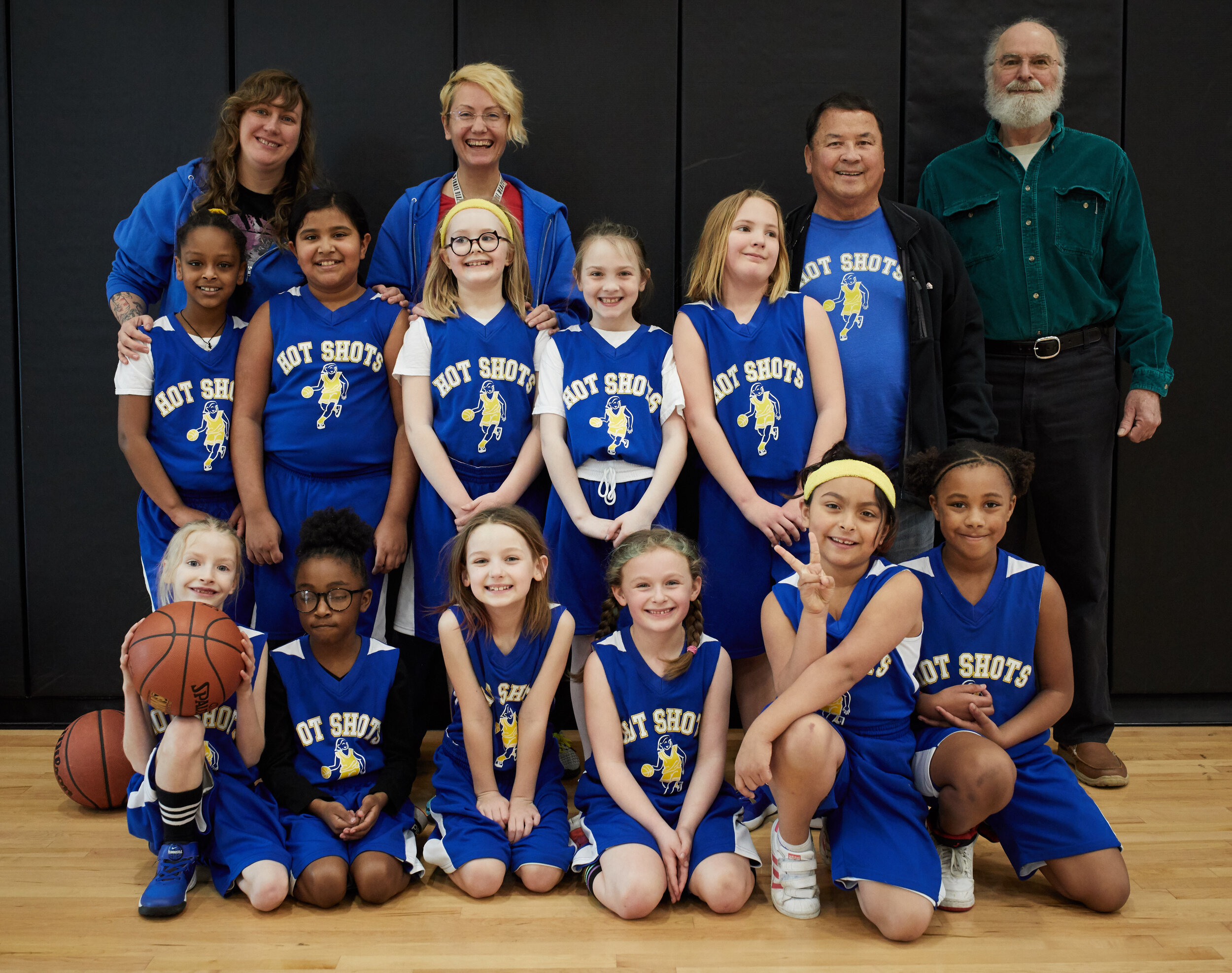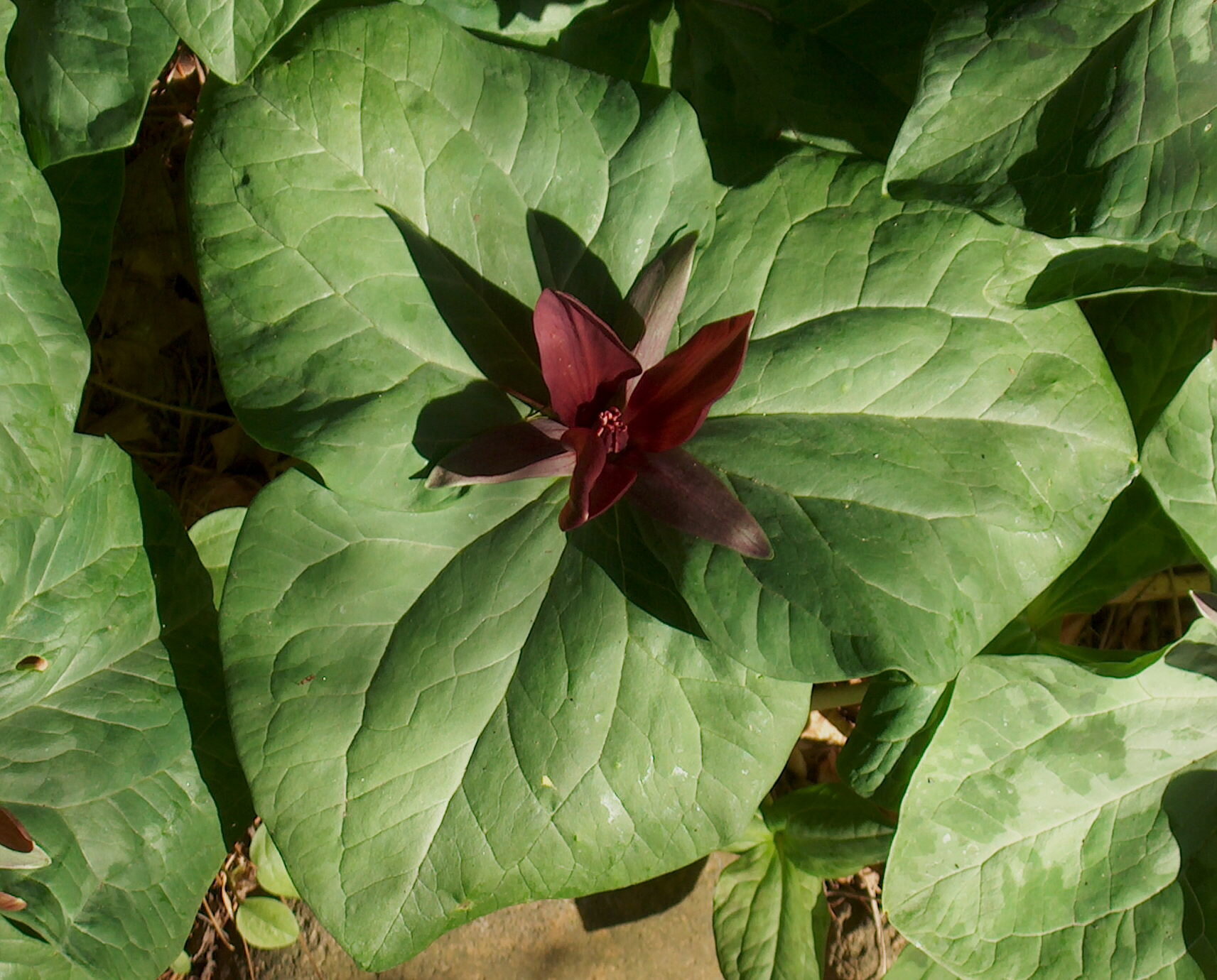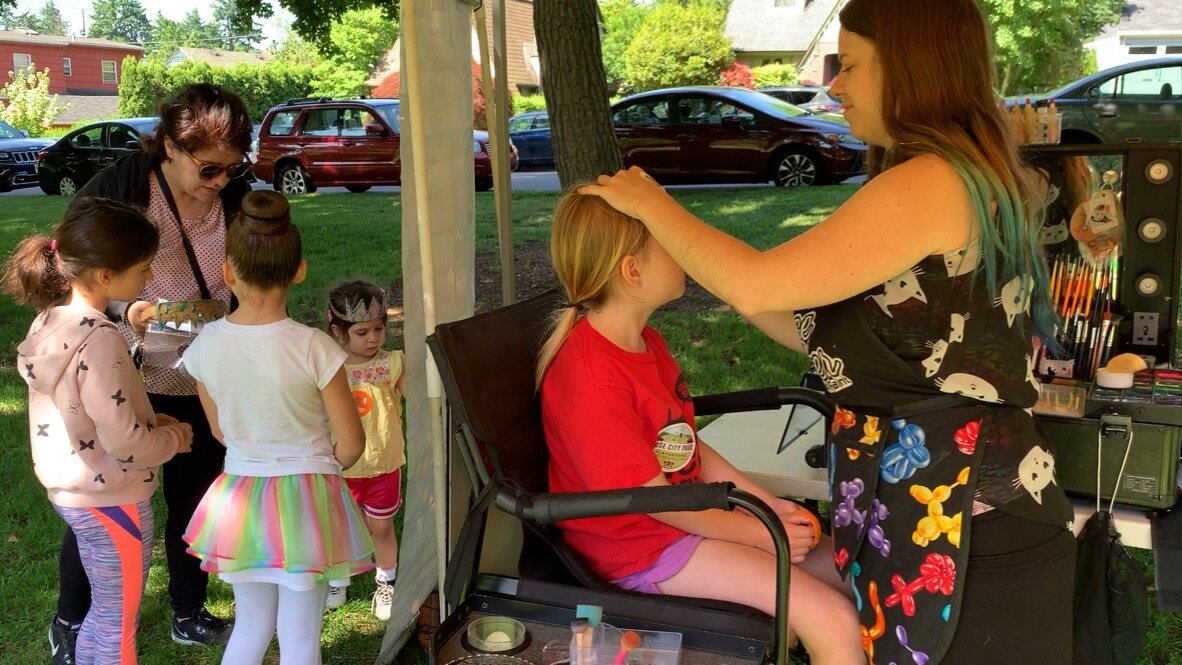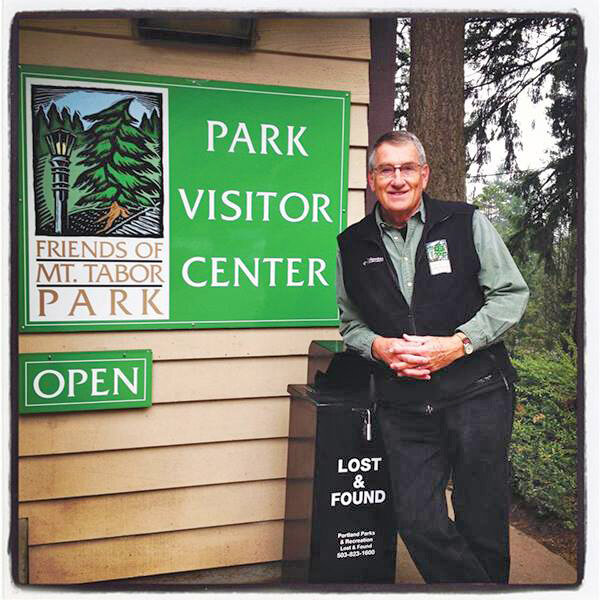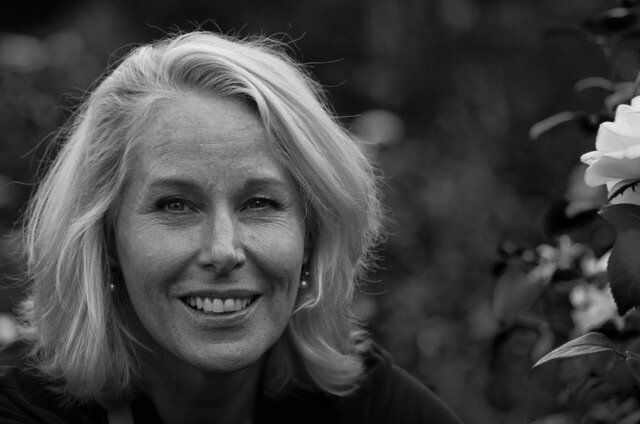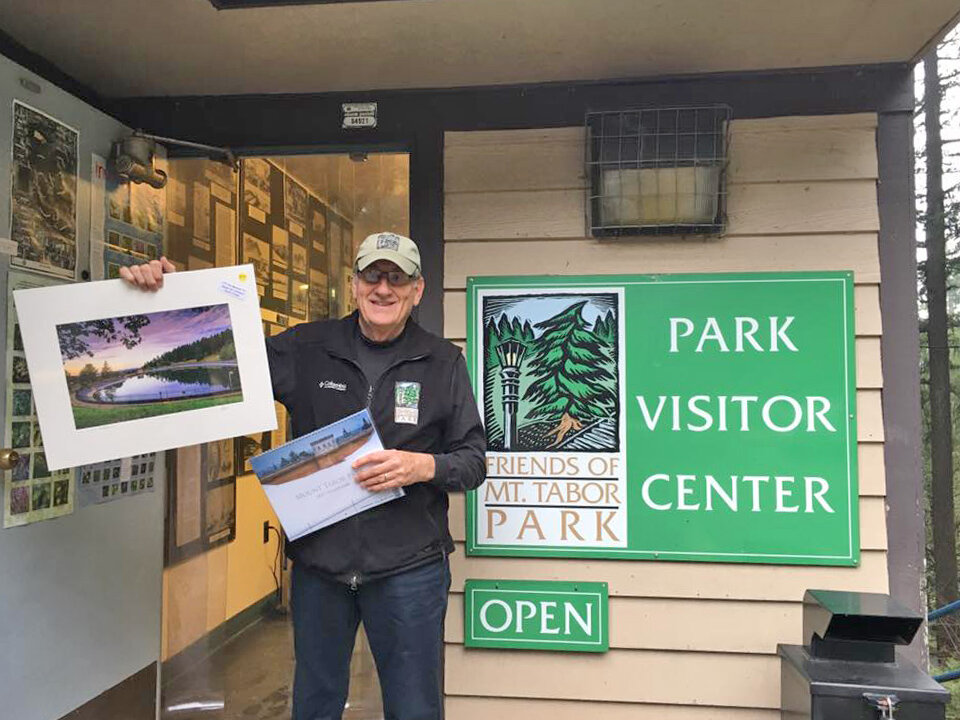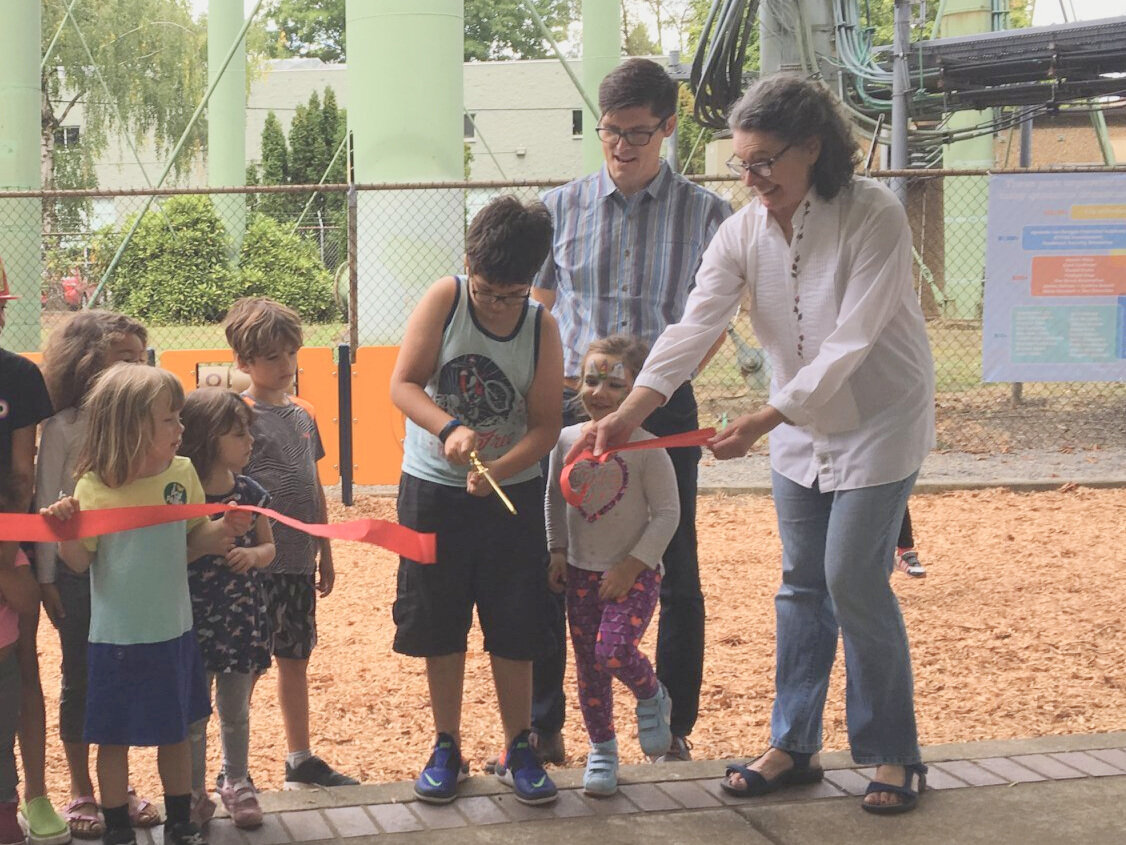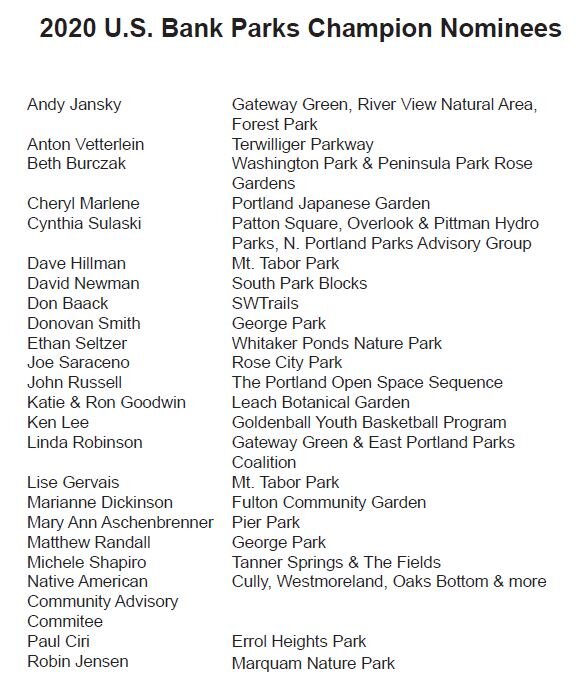The custom label from Gigantic's Portland Parks Foundation beer!
Join Timber’s Jack Jewsbury and PP&R’s Vicente Harrison to talk about the role of parks & recreation during racial justice protests & COVID-19
Join us for a happy hour conversation with two Portland heroes—Jack Jewsbury from the Portland Timbers and Thorns and Vicente Harrison, Portland Parks & Recreation's Security & Emergency Manager —for frontline reports from the soccer championships and our parks in the COVID/Black Lives Matter era.
Vicente Harrison (left) & Jack Jewsbury and his family (right)
And, for just $60 you can also both become a Portland Parks Foundation (PPF) member AND enjoy the conversation with 12 bottles delivered to your door of limited edition Pints4Parks beer specially brewed by Portland's own Gigantic Brewing Company in BottleDrop refillable bottles.
At this virtual event we'll get Jack's behind-the-scenes reports on our Timbers and Thorns playoff games in Florida and Utah. The retired midfielder and star is now the Timbers/Thorns director of business development, a parks lover, and PPF board member. Vicente, a veteran parks ranger who wrote a children's book on race and nature, will offer a frontline look at how his job and parks are changing in this challenging, exciting, turbulent era.
Join us for a virtual evening of like-minded folks who care about sports, parks, and making a difference in our city.
What’s that custom beer like?
“The Peace & Kolsch is a brew inspired by the Kolsch’s that come out of Cologne, Germany, with a subtle balance of malt and hops. The Peace & Kolsch is light and drinkable with a crisp and clean finish. It comes in a refillable bottle that can be reused, making it the most sustainable choice! Simply return it to your local BottleDrop Redemption Center, or place it in your Green Bags to give your bottles another life!”
Ticket Options:
$60 - includes delivery of 12, 500mL bottles of Gigantic's Portland Parks Foundation beer (see restrictions below), membership to the Portland Parks Foundation, as well as access to the online event.
$10 - includes access to this online event.
Beer is provided by Gigantic in BottleDrop refillable bottles.
Restrictions on beer deliveries
1. Zip codes that qualify for delivery are: 97201, 97202, 97204, 97205, 97206, 97209, 97210, 97211, 97212, 97213, 97214, 97215, 97216, 97217, 97218, 97219, 97220, 97222, 97232, 97239, 97266, 97267, 97015, 97086.
2. You must be 21 years or older to receive beer. Customers will need to be present and able to show ID when case is delivered. During checkout you will select your preferred delivery day before the event. Gigantic will send out this blurb with their confirmation once they receive your order: “Expect delivery between 12pm (noon) and 6pm on the Delivery Day. We will text you just before we come to your house for delivery. We do need to see the face of somebody over 21 before we can leave the beer, but we promise to keep our distance.
A huge thank you to Gigantic Brewing Company for this unique opportunity!












